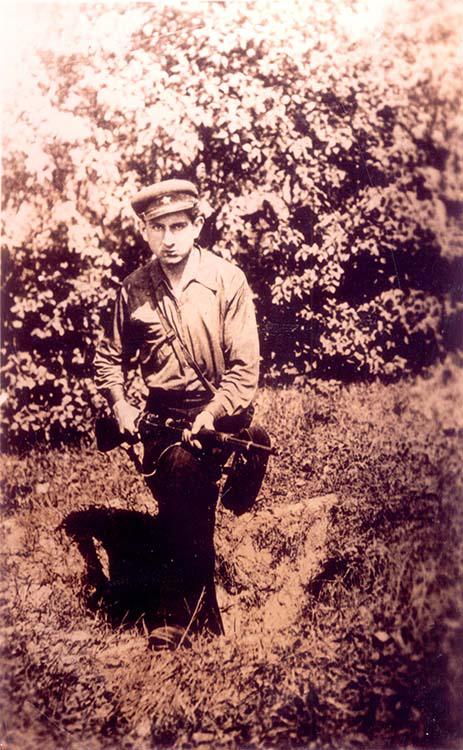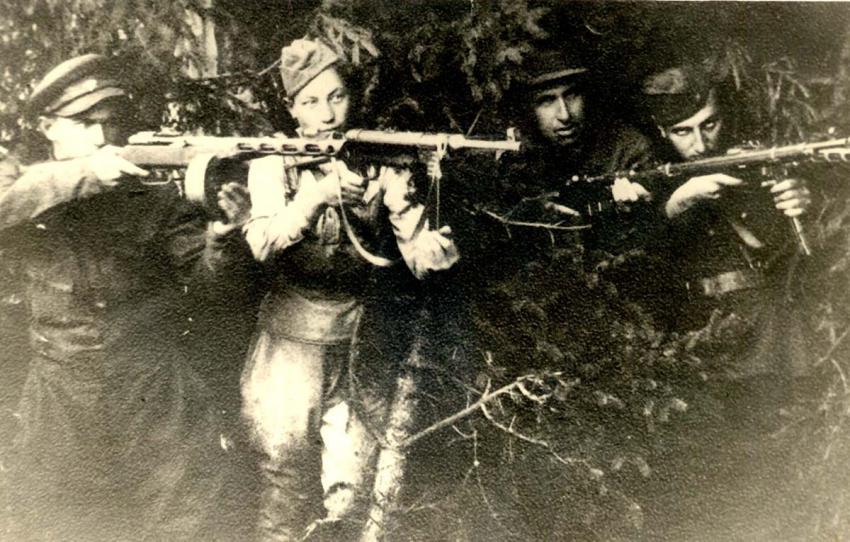Avraham Aviel (Lipkonsky), born in 1929 in Dowgalishok, Poland. On 10 May 1942, Aviel and his family were taken together with the Jews of Radun (the village of the Rabbinic leader, the Chafetz Chaim) and the surrounding areas to be murdered in killing pits. His mother and brother Yekutiel (Koshka) were among those executed. Avraham and his brother Pinchas managed to escape. To Aviel’s great sorrow, Pinchas, who had survived the mass murder, was killed before his eyes while hiding in the Dowgalishok area. Avraham and his father found refuge with a Polish farmer, before he joined the partisans in 1943. That same year his father was killed. In 1945, Aviel traveled to northern Italy, and stayed at a Jewish children’s home in Salvino. From Italy, he set sail for pre-state Israel, aboard the illegal immigrant ship "Catriel Yafeh". The ship's entrance was blocked by the British, who forcibly directed it towards Cyprus. Following internment at a detention camp in Cyprus, Avraham arrived at Israel’s shores in 1946, and underwent absorption training at the Mishmar Hasharon kibbutz. At the beginning of 1948, Aviel joined the Sixth Battalion of the Palmach, and fought on the road to Jerusalem. In 1961, he appeared as a witness at the trial of former SS officer Adolf Eichmann, describing the liquidation of Radun as an example of the tragic story of the Jews of Belarus.
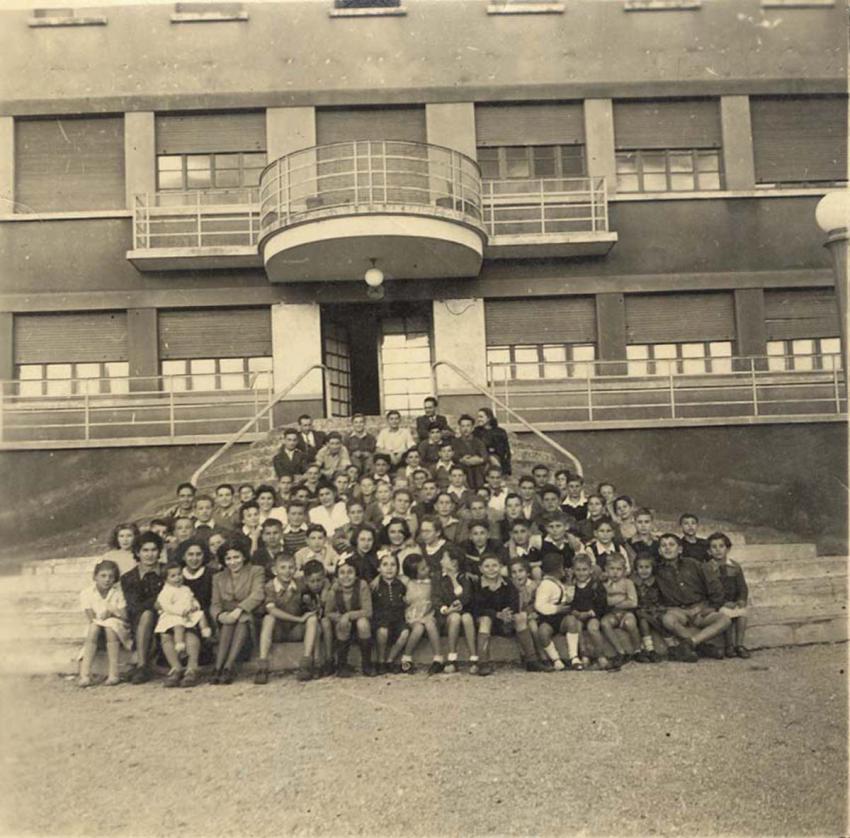

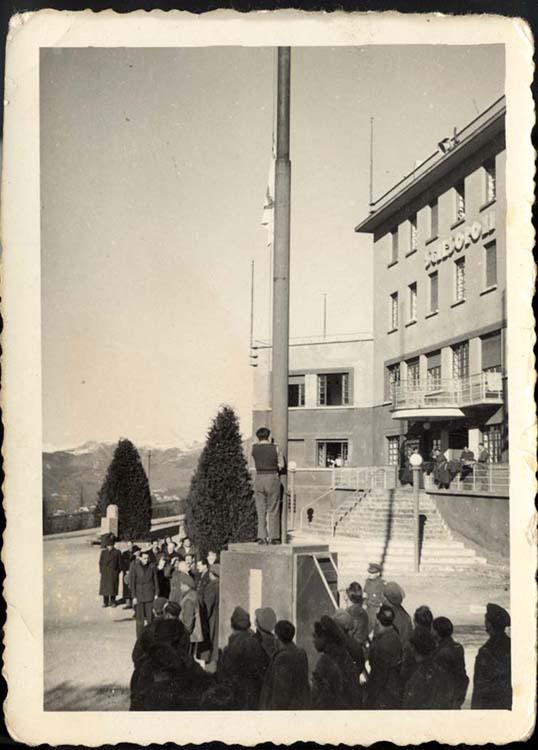

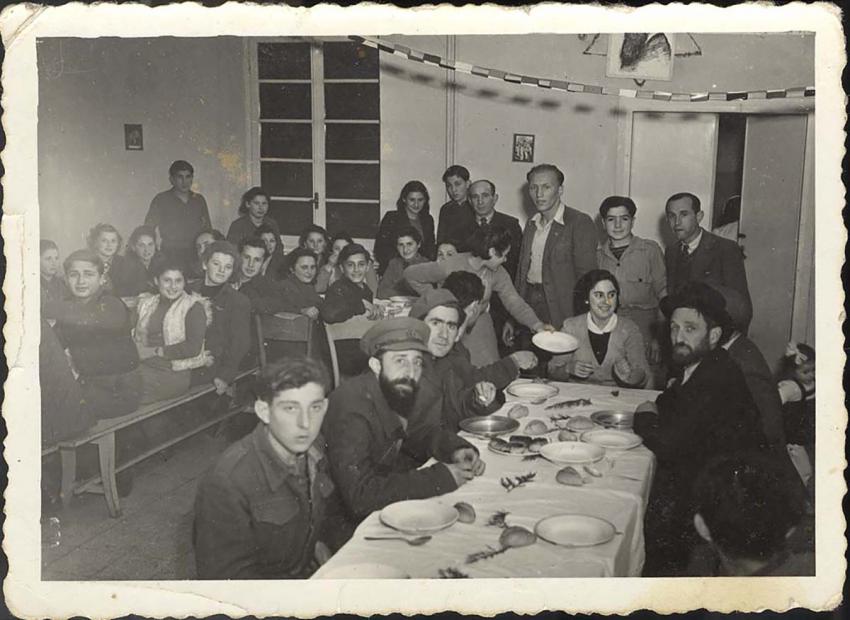

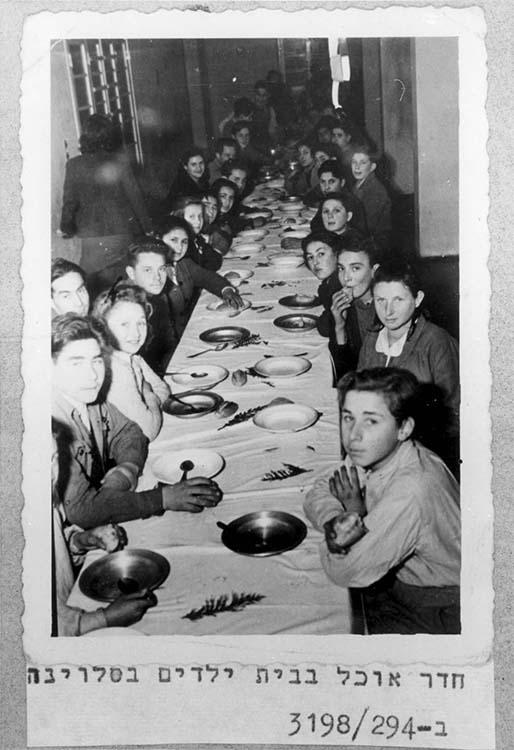

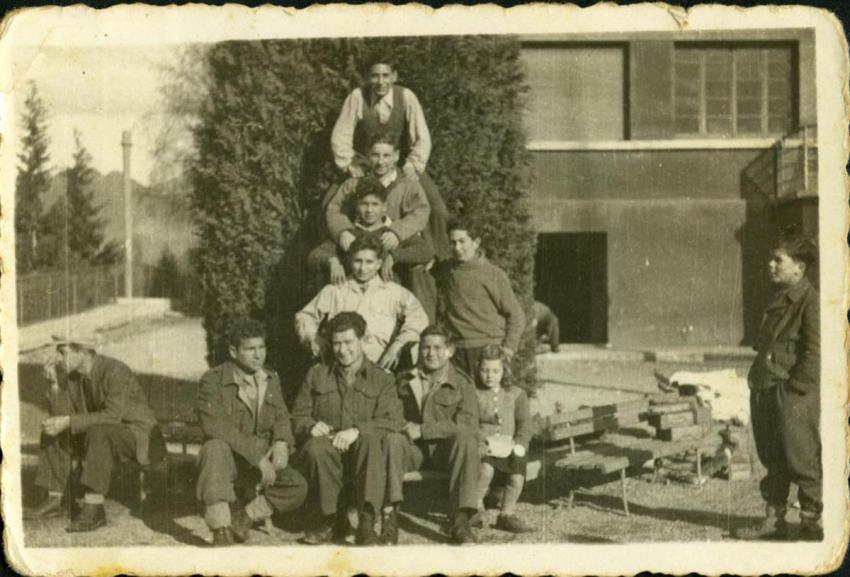

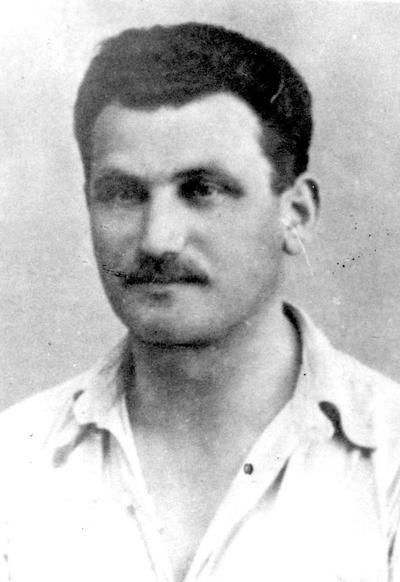
Yad Vashem Photo Archive, 4613/183

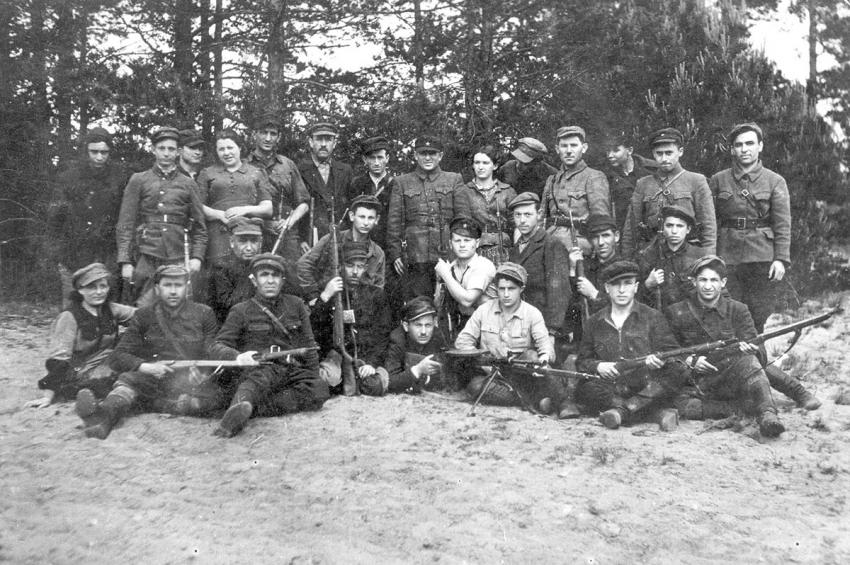
Yad Vashem Photo Archives 3271/72

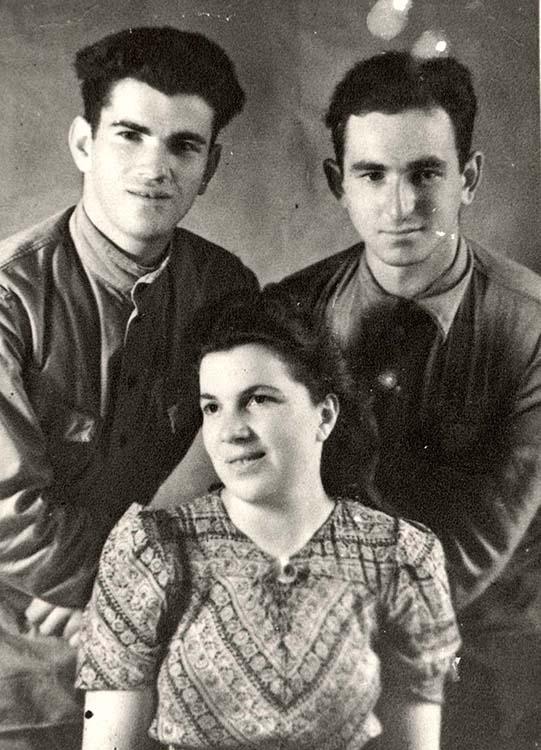

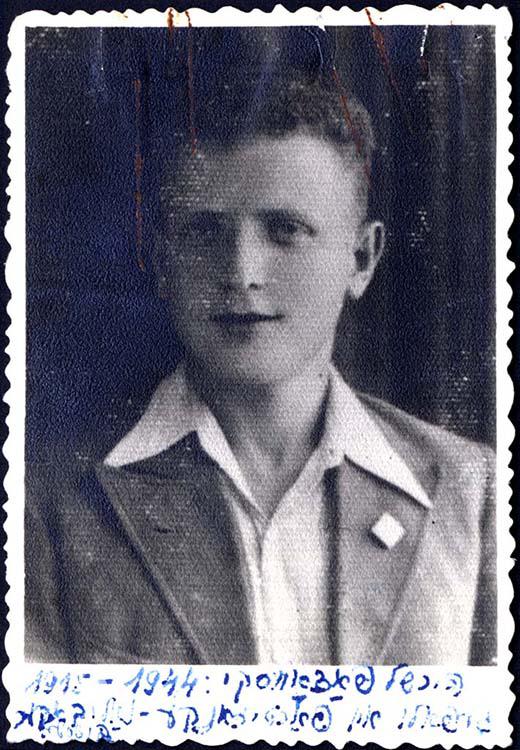

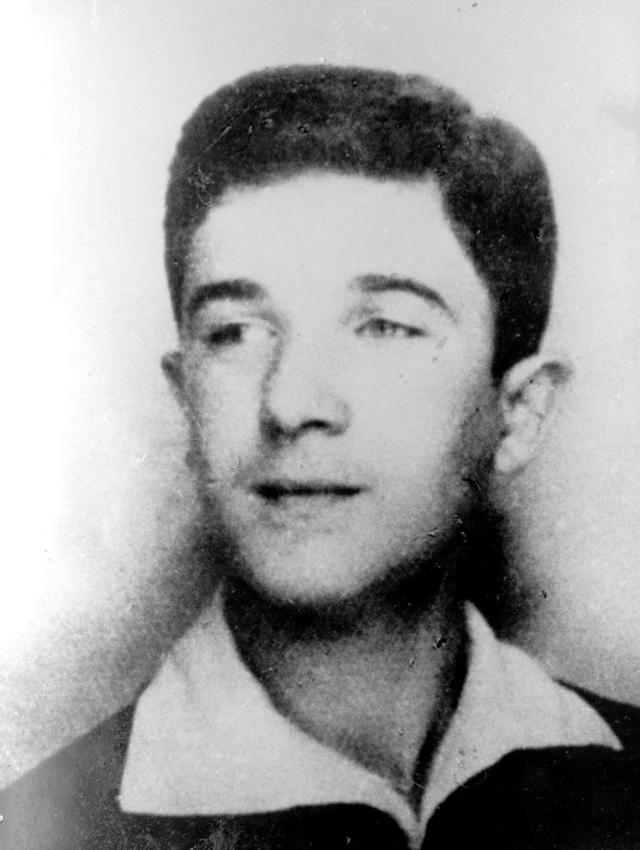
Yad Vashem Photo Archives 4613/128

